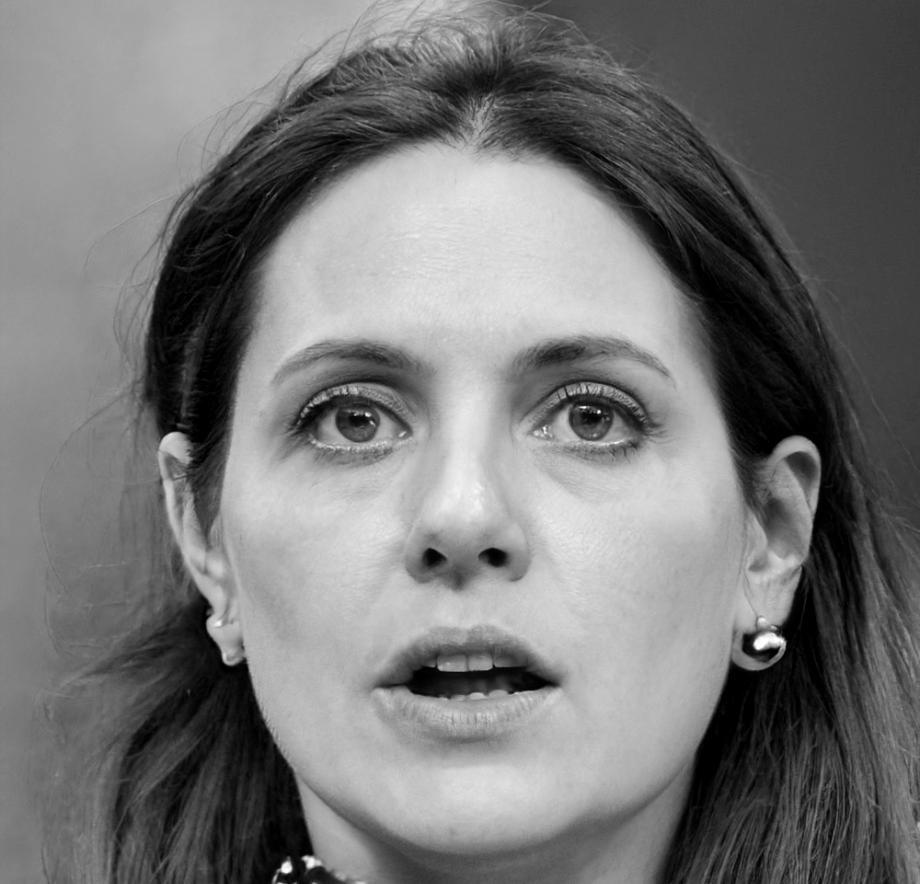Decode Financial Markets with Confidence
Master the art of reading market patterns, understanding economic indicators, and making sense of complex financial data. Join thousands who've transformed their analytical capabilities.
Explore ProgramsWhat Sets Our Approach Apart
Real-world financial analysis demands more than theory. Our methodology bridges the gap between academic concepts and practical market insights.
Pattern Recognition Mastery
Learn to identify market trends, seasonal patterns, and economic cycles that influence financial outcomes.
- Chart analysis fundamentals
- Economic indicator interpretation
- Risk assessment techniques
Data-Driven Decision Making
Build skills in analyzing financial statements, market reports, and economic data to support strategic thinking.
- Financial ratio analysis
- Market research methods
- Performance benchmarking
Industry Context Understanding
Connect financial data to broader economic trends and industry-specific factors that shape market behavior.
- Sector analysis frameworks
- Global market influences
- Regulatory impact assessment
Your Learning Journey
Each phase builds upon previous knowledge, creating a comprehensive foundation for financial analysis and interpretation.
Foundation Phase (Months 1-2)
Establish core concepts in financial markets, economic principles, and data analysis fundamentals. You'll learn to navigate financial statements and understand key performance indicators.
Analysis Skills (Months 3-4)
Develop advanced analytical techniques for interpreting market trends, evaluating investment opportunities, and understanding risk factors across different asset classes.
Practical Application (Months 5-6)
Apply your knowledge through case studies, real market scenarios, and collaborative projects that mirror professional financial analysis work.
Advanced Integration (Months 7-8)
Master complex financial modeling, scenario analysis, and strategic planning techniques used by industry professionals in decision-making processes.
Common Questions About Our Programs
Understanding what to expect helps you make the right decision about your financial education journey.
What background do I need to get started?
No specific financial background is required. We welcome participants from diverse professional backgrounds who want to develop analytical skills. Basic numeracy and comfort with spreadsheets are helpful but not essential.
How much time should I dedicate to learning?
Most students find success with 6-8 hours per week of study time. This includes reviewing materials, completing assignments, and participating in group discussions. The flexible format allows you to adjust based on your schedule.
What tools and software will I use?
We focus on widely available tools including Excel, Google Sheets, and free financial data sources. You won't need expensive software subscriptions to participate fully in the program.
How current is the curriculum content?
All materials are updated quarterly to reflect current market conditions and regulatory changes. We incorporate recent case studies and examples from 2024-2025 market events into our teaching approach.
What kind of support is available?
Students have access to instructor office hours, peer study groups, and online discussion forums. We also provide career guidance and networking opportunities within our alumni community.
Are there prerequisites for advanced courses?
Advanced courses require completion of foundational modules or equivalent experience. We offer assessment options for students with prior financial education to place into appropriate level courses.
Learn From Industry Veterans
Our instructors bring decades of experience from investment banking, financial planning, and market analysis roles.

Dr. Margot Chen
Senior Financial Analyst & Program Director
With 15 years in investment research and portfolio management, Margot has guided hundreds of students through complex financial concepts. She previously worked at major Australian banks and holds advanced certifications in risk management and securities analysis.
- PhD in Financial Economics, University of Melbourne
- Chartered Financial Analyst (CFA) designation
- Former Senior Analyst at Commonwealth Bank
- Published researcher in market behavior studies
- Guest speaker at Australian Finance Association events
Ready to Build Your Financial Expertise?
Join our next cohort starting in August 2025. Spaces are limited to maintain quality instruction and peer interaction.
View Course Details Schedule Consultation